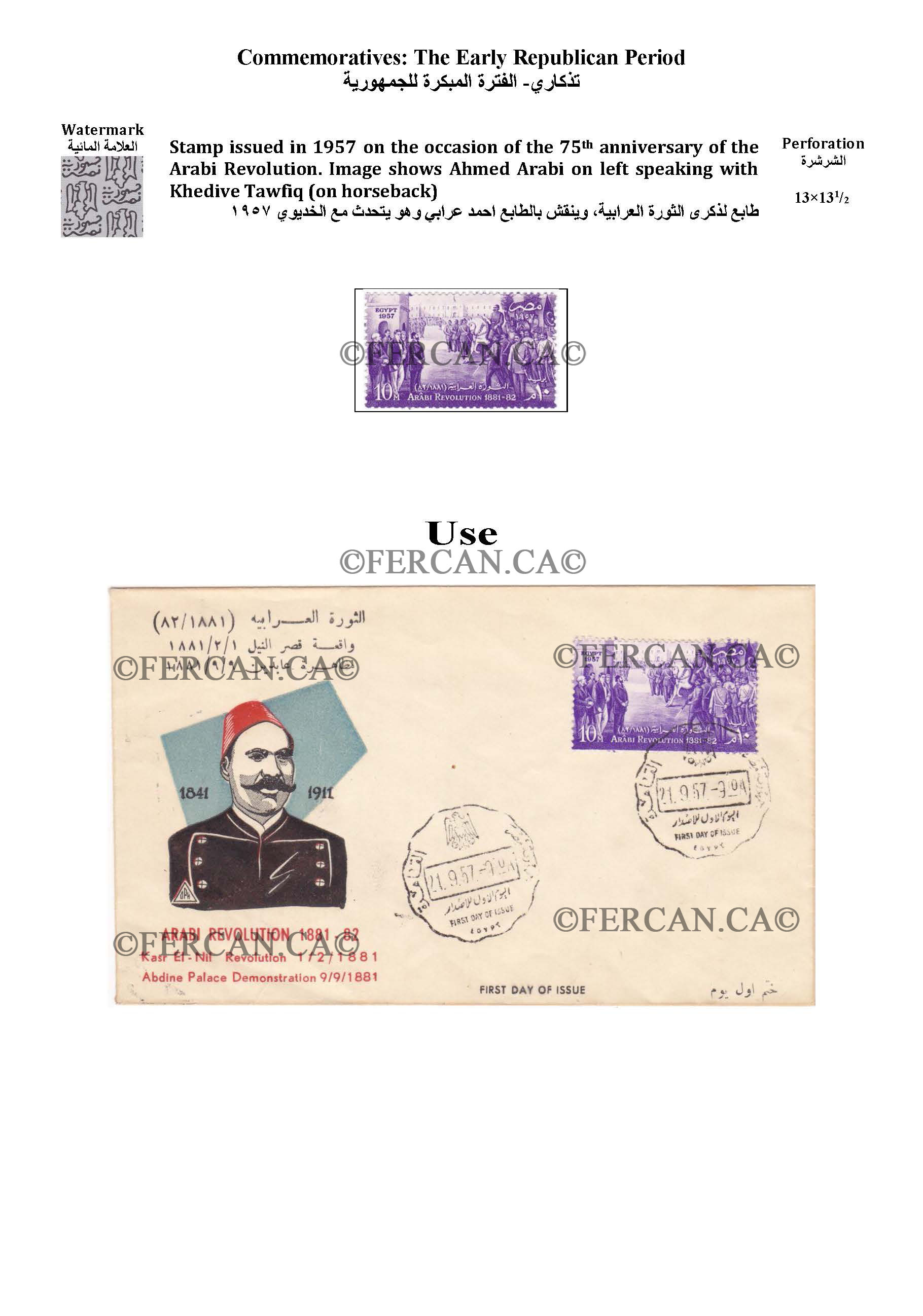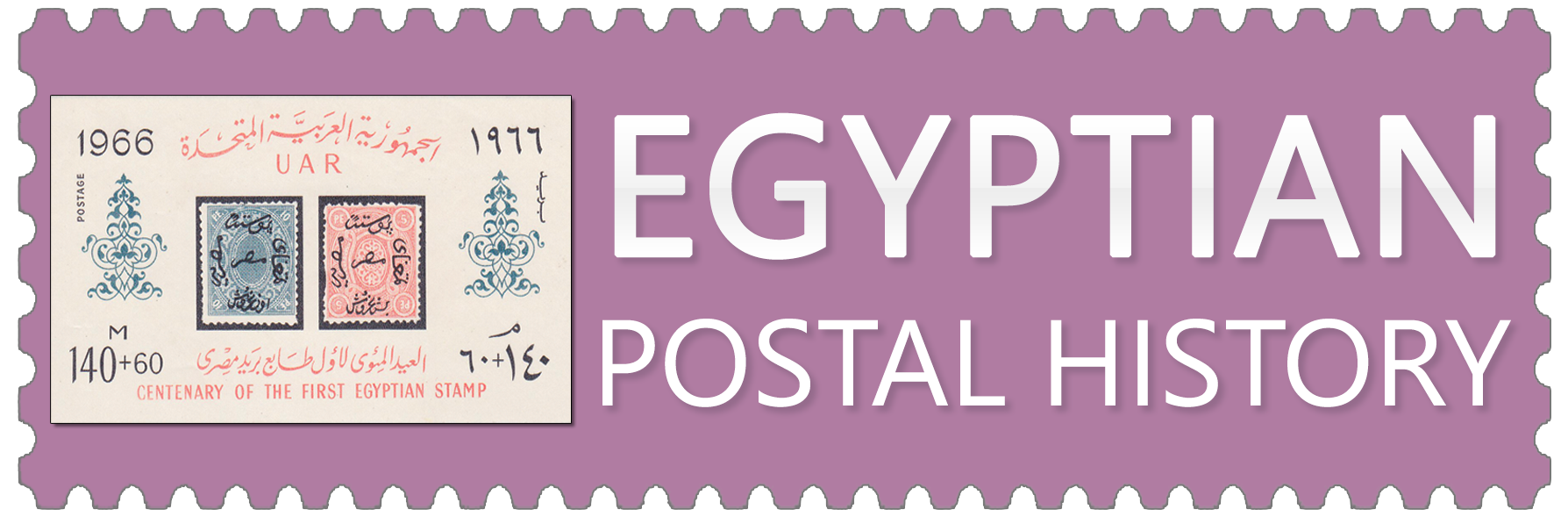Ahmad al-Husseini Arabi, born on 31 March 1841 and died on 21 September 1911, was the leader of the Arab revolution against Khedive Tawfik. Arabi became the Jihadi Minister (a position that is currently known as Minister of Defense).
A group of national army officers gathered around him and joined intellectuals associated with Al-Azhar University and those who embraced Western culture, such as Sheikh Mohammed Abdo, Abdullah al-Nadim and other scholars and students of Al-Azhar University to address the worsening conditions of Egyptians.
At dawn on 13 September 1882, British forces attacked the Egyptian defense lines at Tel Al-Kabir, east of Cairo, and Egyptian forces lost the battle. Arabi went to Cairo in an attempt to defend the capital, but despair and defeat overcame many of his supporters and they asked him to end resistance and instead surrender to the British forces.
Cairo was occupied on 14 December 1882, bringing an end to the events of the Arab revolution. The British occupation of Egypt lasted for more than seventy years. Ahmed Arabi and his colleagues Abdullah Nadeem and Mahmoud Sami Baroudi were exiled to Sri Lanka (then known as Ceylon) and settled in the city of Colombo for 7 years. Ahmed Arabi and Mahmoud Sami al-Baroudi were then transferred to the city of Kandy. Arabi returned to Egypt twenty years later, and Mahmoud Sami al-Baroudi returned after 18 years. Arabi returned because of the severity of his illness, while Baroudi was blind and terminally ill.

